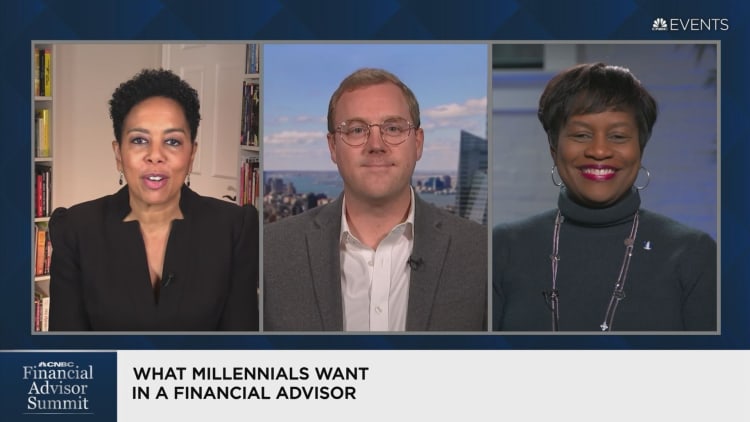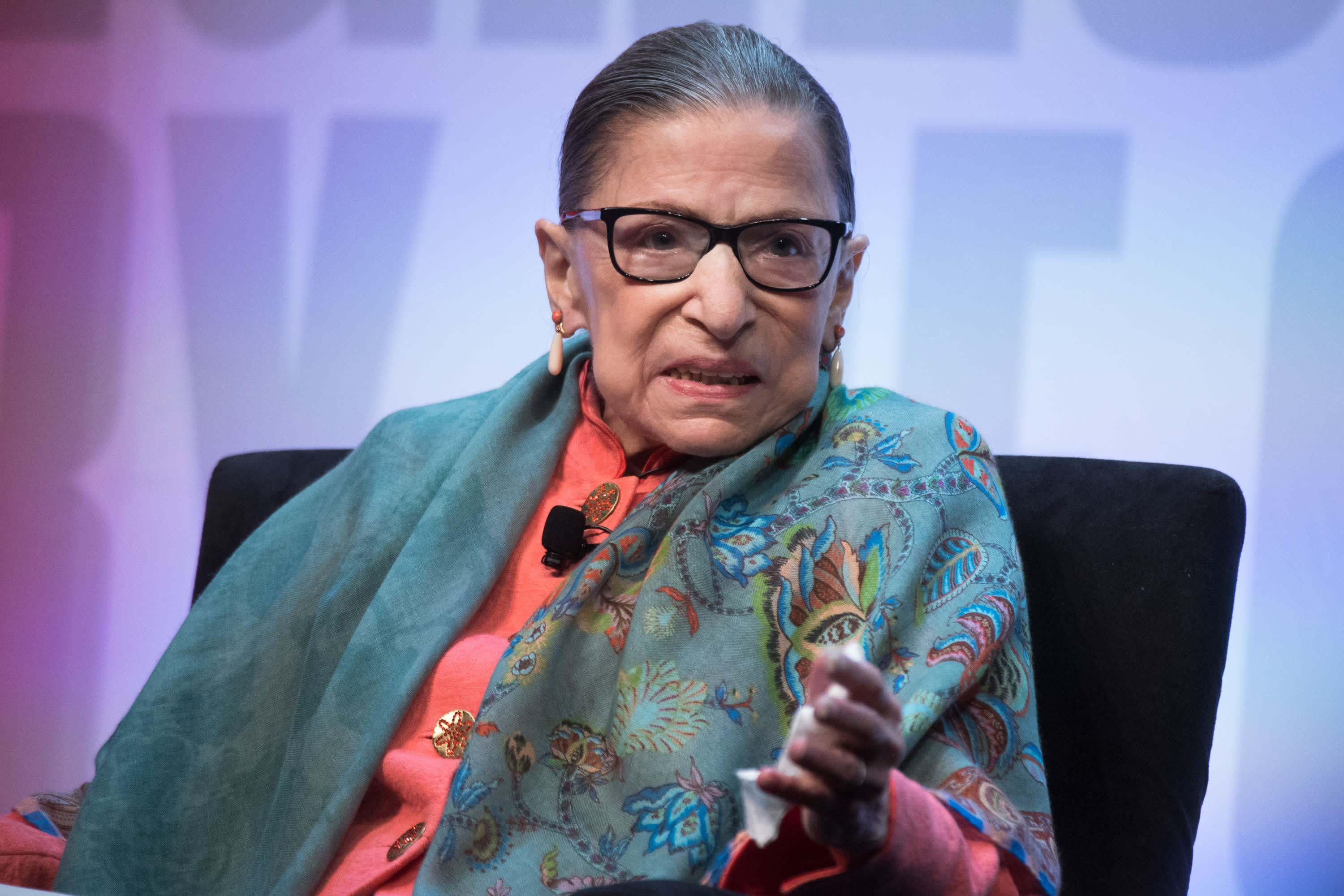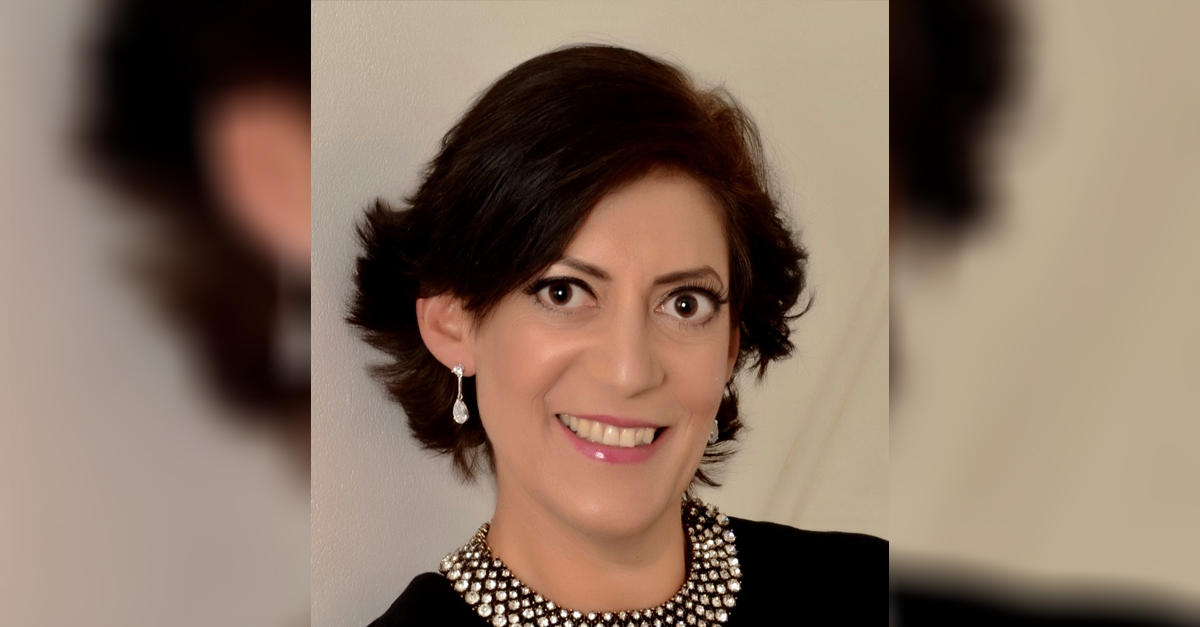Boomers have more wealth ‘than any other generation,’ but millennials may not inherit as much as they hope
There's a growing disconnect between how much millennials expect to inherit and how much aging baby boomers plan on leaving them.


On the cusp of the greatest generational wealth transfer in history, baby boomers are set to pass more than $68 trillion on to their children.
"It's a generation that has accumulated a greater percentage of wealth than any other generation ever has," said Mark Mirsberger, a certified public accountant and CEO of Dana Investment Advisors, referring to boomers.
But they may not be handing down as much as their children think.
Studies show a growing disconnect between how much millennials expect to inherit in the "great wealth transfer," and how much aging boomers plan on leaving them.
More from Personal Finance:
35% of millionaires say they won't have enough to retire
Just 12% of adults, and 29% of millionaires, feel 'wealthy'
Strategies to navigate the 'great wealth transfer'
More than half, or 52%, of millennials who are expecting to receive an inheritance from their parents or another family member said they expect to receive at least $350,000, according to a recent survey of more than 2,000 adults by Alliant Credit Union. But 55% of baby boomers who plan to leave behind an inheritance said they will pass on less than $250,000.
Part of the discrepancy is "wanting to make sure people have enough money to live on before they start gifting," said Susan Hirshman, director of wealth management at Schwab Wealth Advisory in Phoenix, after taking into account their own life expectancy, long-term care and other considerations.
"There are a lot of what ifs," she added.
Tack on inflation, geopolitical uncertainty and fears of a recession, and boomers suddenly may be feeling less secure about their financial standing — and less generous when it comes to giving money away.

Less than one-quarter, or 23%, of adults said they felt "very comfortable" about their finances right now, according to a separate report by Edelman Financial Engines. Fewer — just 12% — consider themselves wealthy.
Another growing issue is financial independence, the Edelman Financial Engines report found: 85% of parents said they value of autonomy, but 4 in 10 are still supporting their adult children financially.
"As parents, we are struggling with how to support our kids," said Jason Van de Loo, head of wealth planning and marketing at Edelman Financial Engines.
At the same time, views of inherited wealth are changing, Hirshman noted. Parents may feel less inclined to pass on large sums of money, she said. The mentality is "I earned this and so should you."
As parents, we are struggling with how to support our kids.
Jason Van de Loo
head of wealth planning and marketing at Edelman Financial Engines
And even though most parents plan to leave at least something to their children, only 37% said they have currently have a plan in place for transferring their wealth, Edelman Financial Engines found.
It's a source of conflict for many families, according to Van de Loo. "It's not just fighting about how the money is split," he said. "Fights over who is put in charge are just as common."
"You have to have an open and honest dialogue," Van de Loo advised.
How to have the dreaded money talk
Many families dread talking about money, especially financial plans, a recent Wells Fargo report found. Roughly 26% of adult children would rather deal with their parents' estate after they die than talk about it while they are living. Further, 19% said they don't mind receiving nothing at all as long as they don't have that talk with their parents.
"It's how you frame the conversation," Hirshman said. "It's not about death but really about putting your family in the best possible emotional, financial and structural position they can be."
Without communicating a clear plan and the reasoning behind it, "you are taking something that's sad and making it tragic," she said.

 AbJimroe
AbJimroe 
































